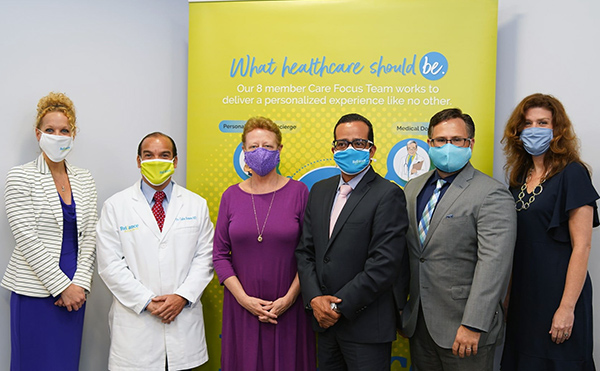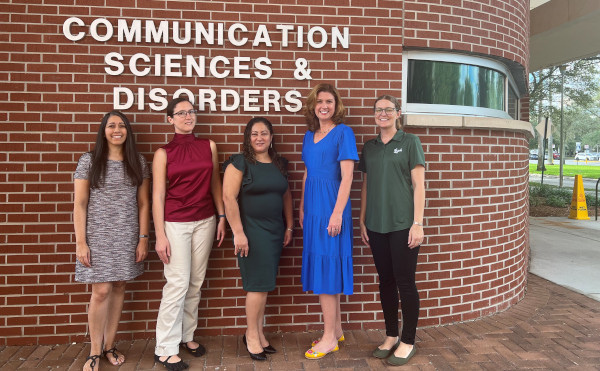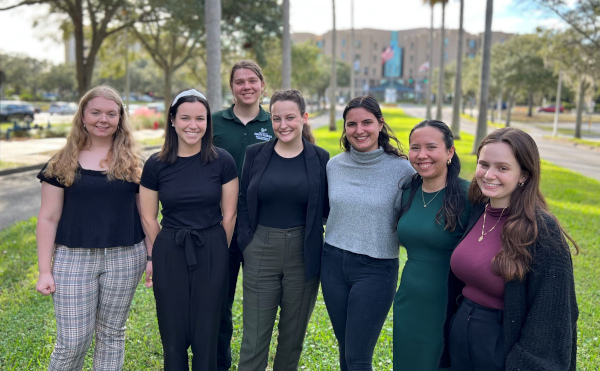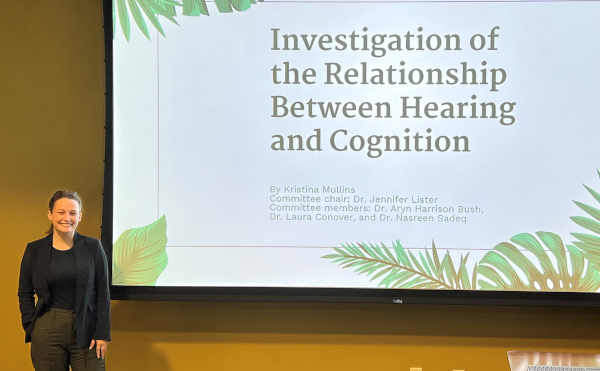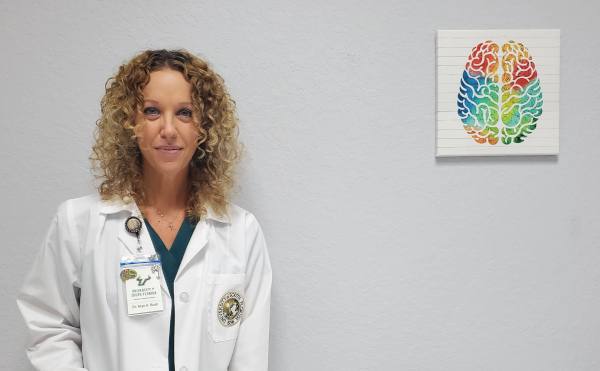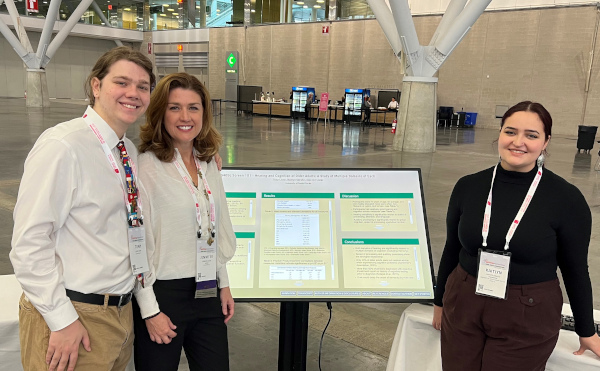USF Neurophysiology of Aging Lab
Our Goal - One in six adults aged 65+ years has dementia. We are committed to addressing this public health emergency through prevention, early detection, and intervention.
The Issues - Degenerative dementias such as Alzheimer's disease are brewing under the surface decades prior to the onset of symptoms. We now know that modifiable lifestyle (e.g., nutrition, physical activity, chronic disease prevention/management) and sensory factors (e.g., hearing loss, vision loss) can be harnessed to significantly reduce dementia risk.
Who We Are – The Neurophysiology of Aging Lab Team focuses primarily on dementia Prevention/Risk Reduction, Early Detection, and Intervention. Our multidisciplinary team of faculty and students is committed to the discovery of modifiable lifestyle and sensory factors that can reduce dementia risk and potentially delay disease onset and the translation of our research findings to the older adult community.
The Impact - Cognitive impairment due to Alzheimer's disease and related dementias (ADRD) is the most feared condition older adults face. If you have been touched by ADRD, you know that the disease impacts not only the individual who has it; there are profound ripple effects that extend to friends, family, and the community. Countless lives are forever changed. It estimated that Alzheimer's disease is the third leading cause of death among older adults. There is currently no treatment to alter or delay the underlying disease course. Thus, prevention and early intervention are of critical importance in reducing risk and potentially delaying onset. Hearing loss is associated with a two- to five-fold increase in dementia risk compared to those with normal hearing. Age-related hearing loss may account for 9% of all cases of dementia, making it the single largest, potentially modifiable risk factor.

